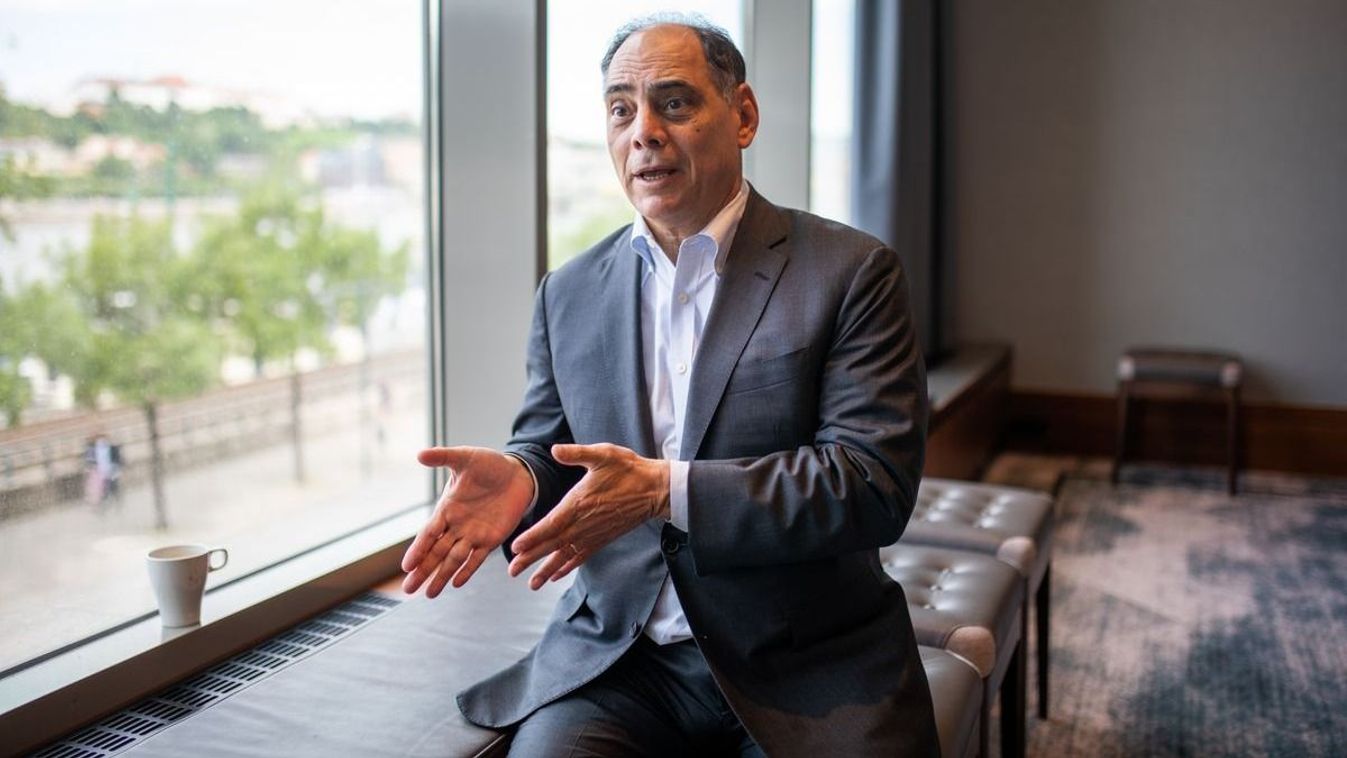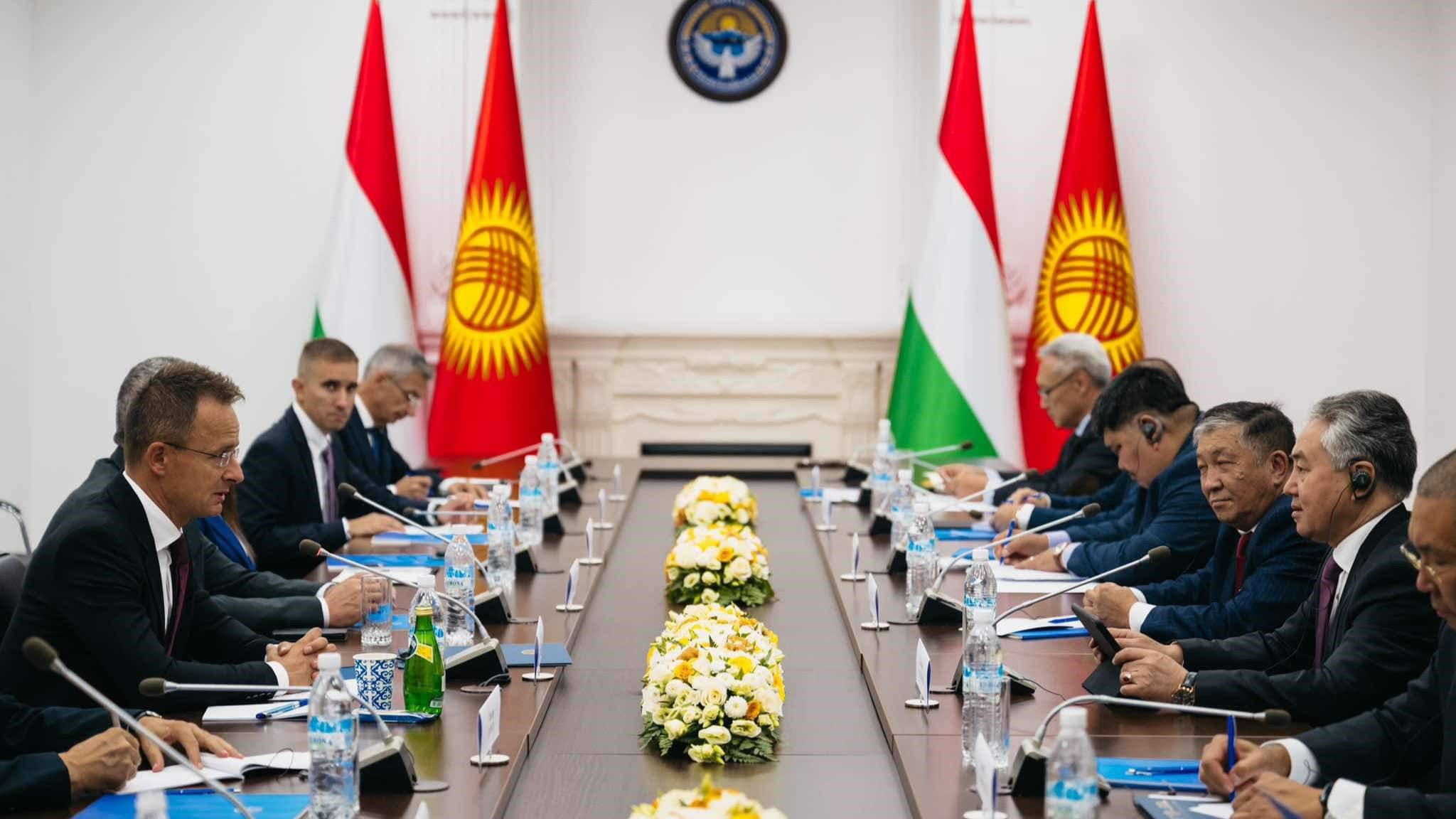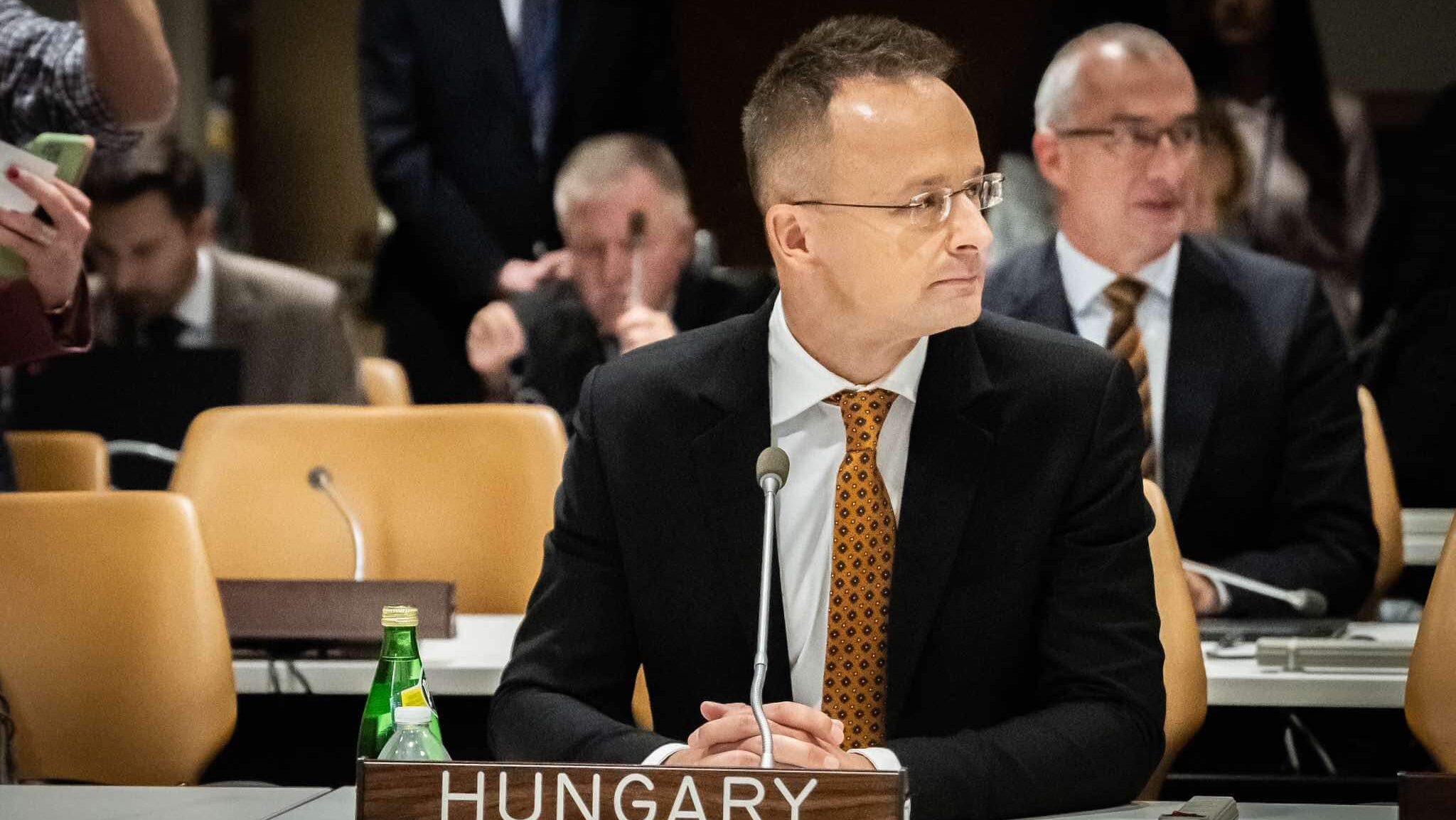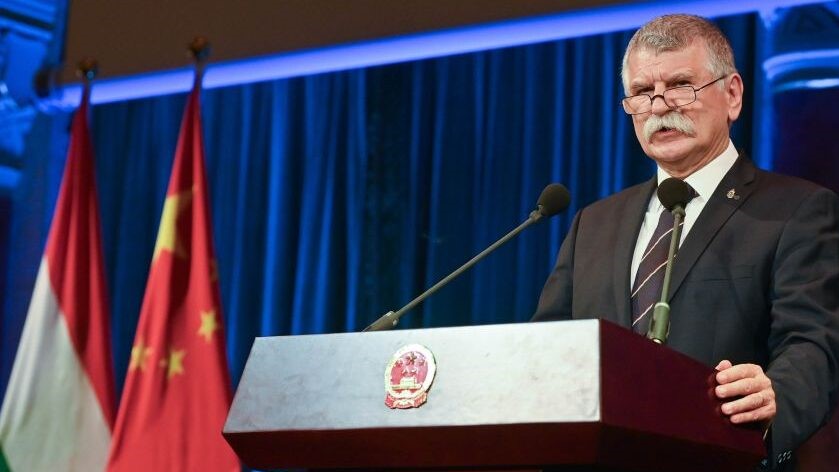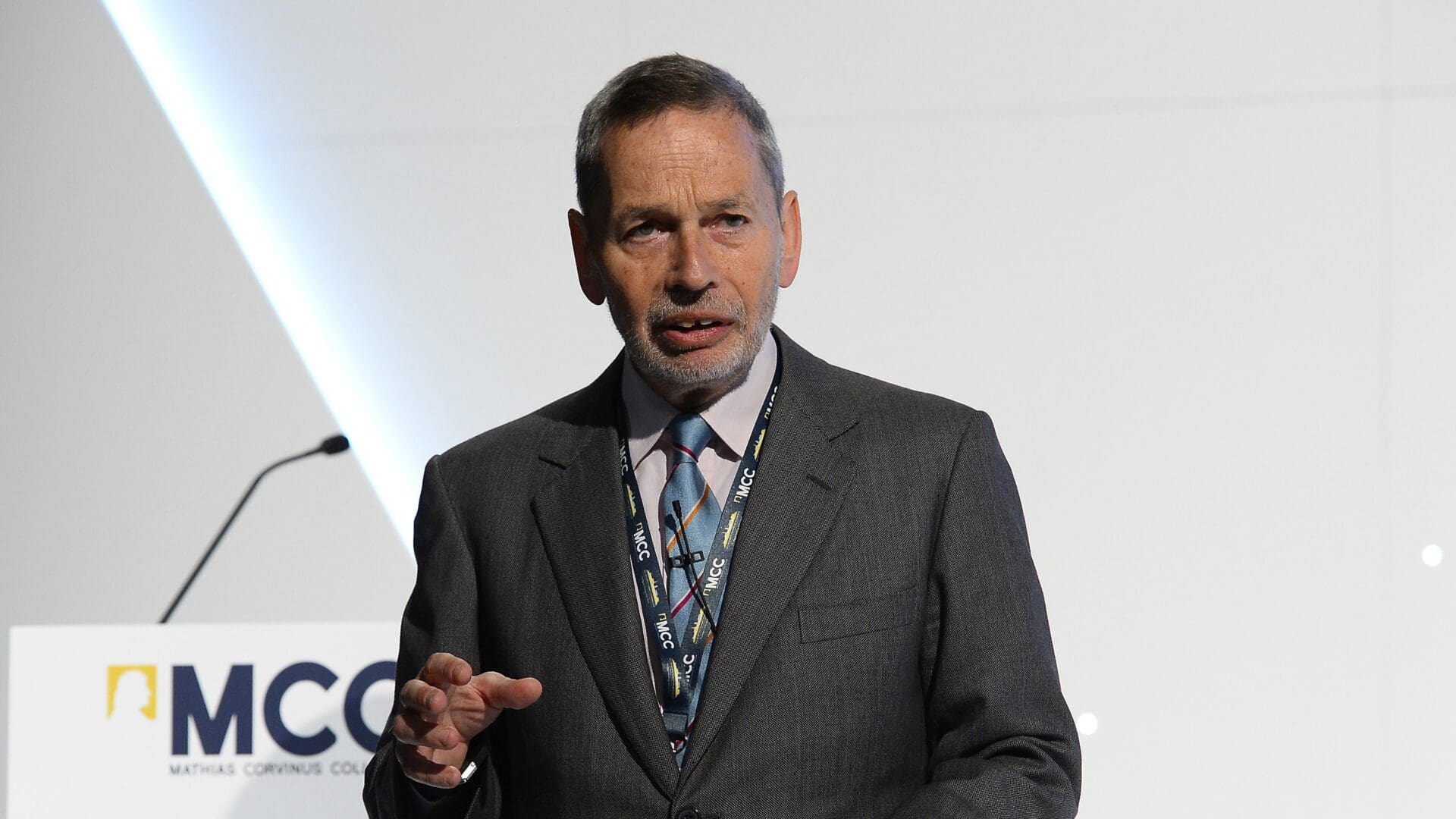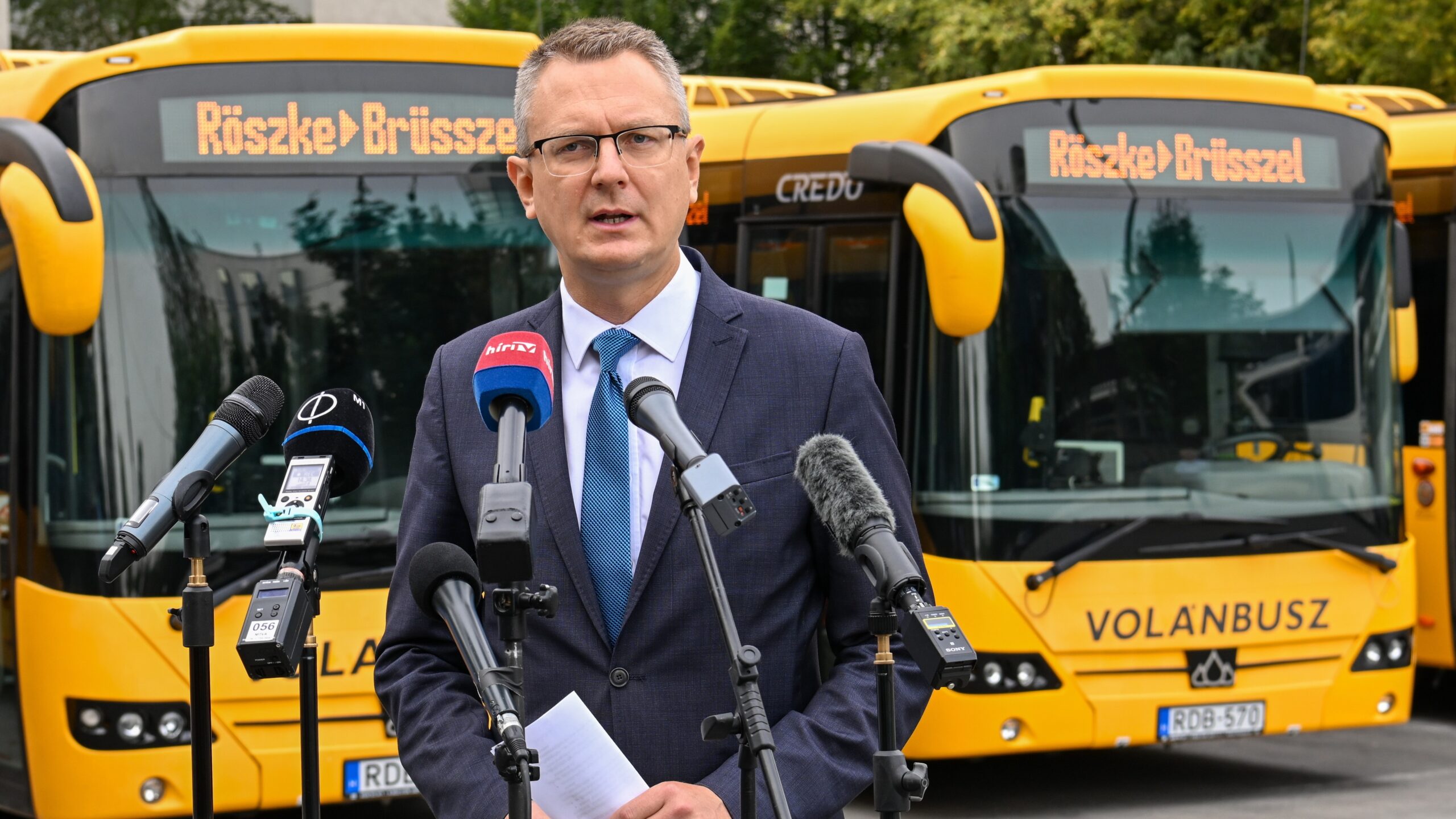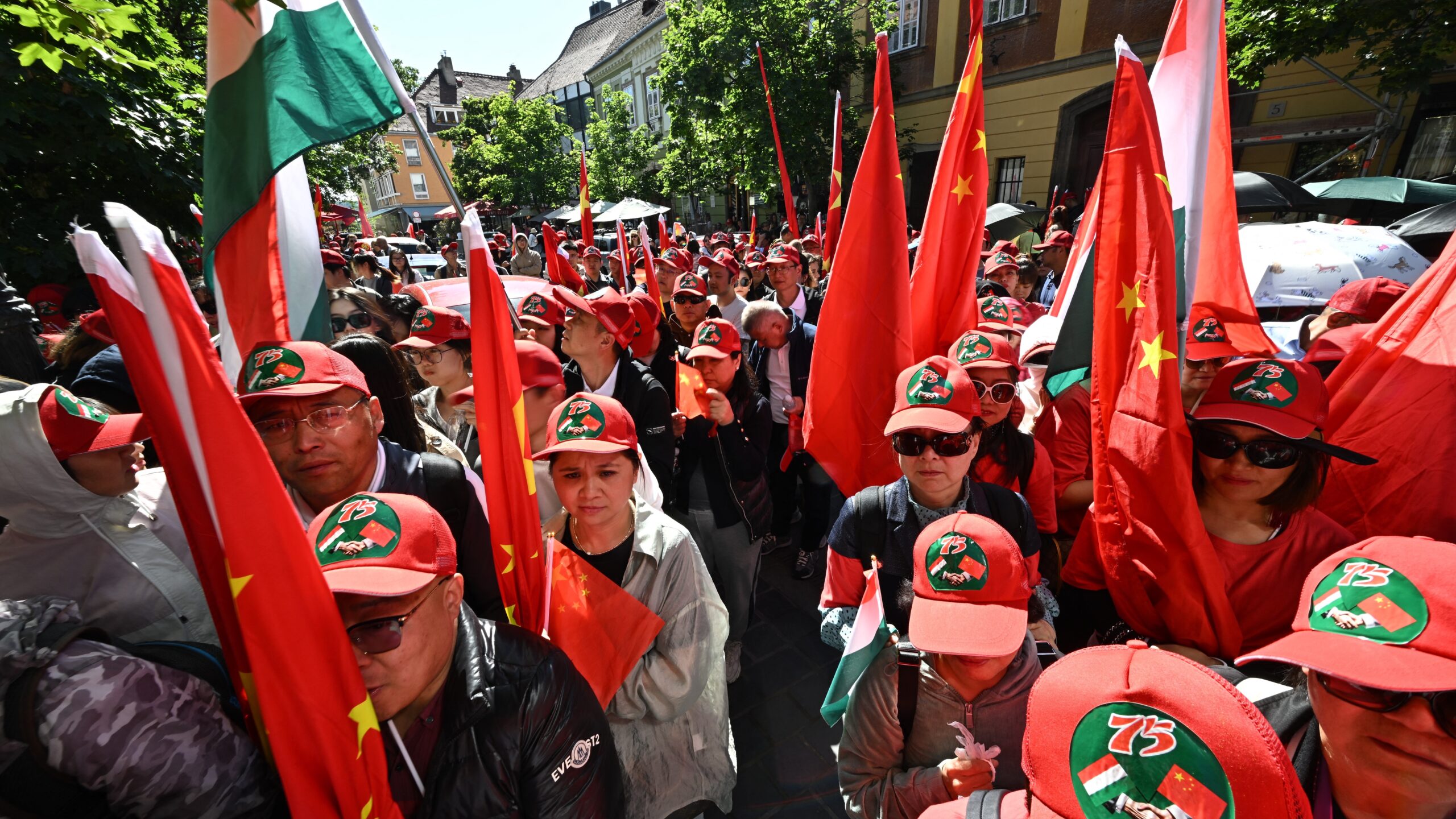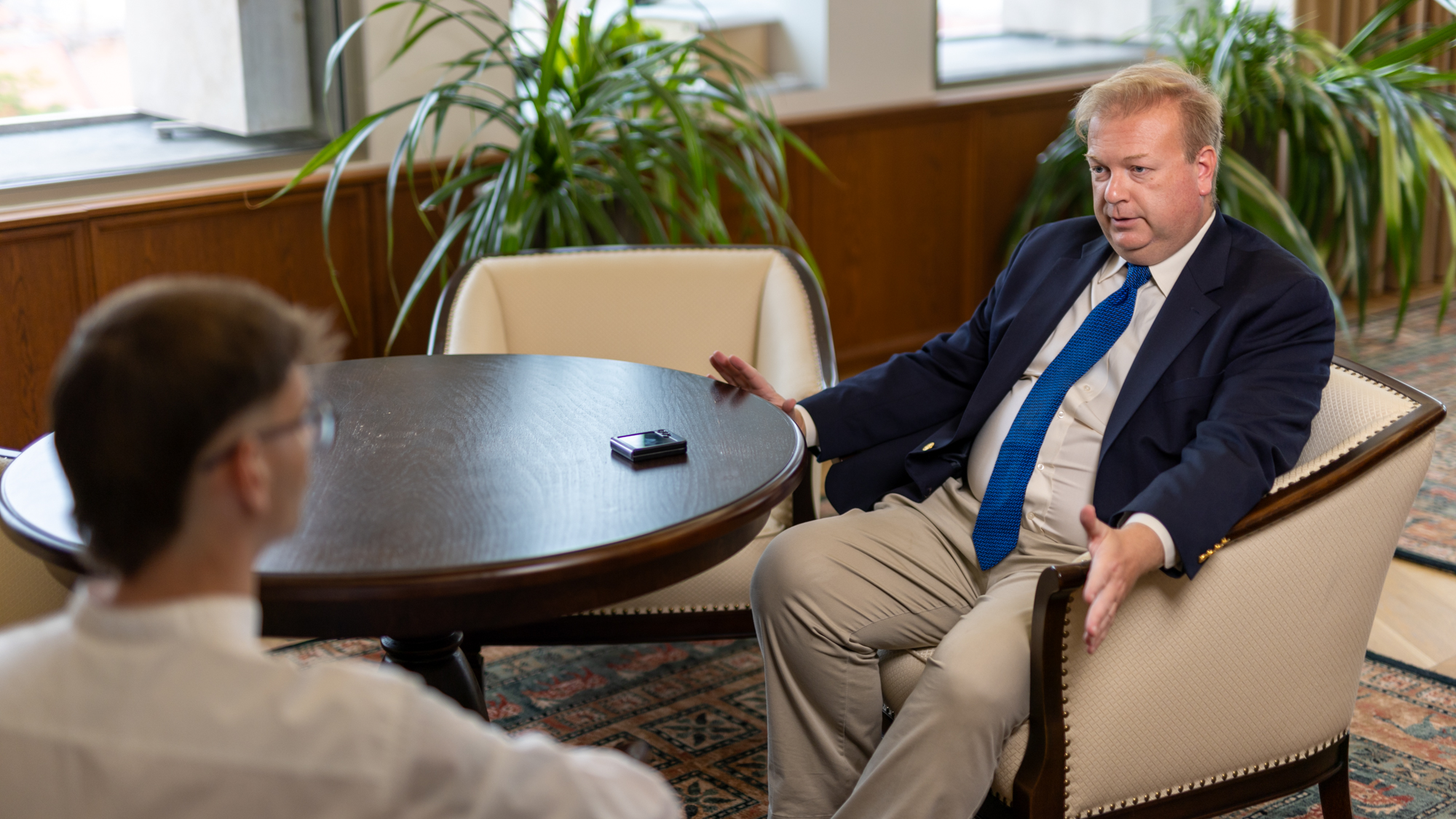
Florida, a Beacon of Hope — An Interview with American Publisher Paul du Quenoy
‘Due to Governor Desantis’ policies, which are extremely popular in the nation and indeed around the world, more and more people have come to Florida to benefit from them and enjoy them,’ Paul du Quenoy pointed out in an interview with Hungarian Conservative.

